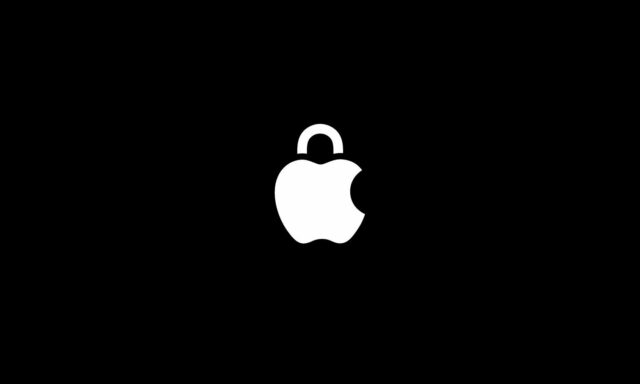
Having agreed to pay out $95 million to settle a lawsuit alleging Siri recorded private conversations without consent, Apple has doubled down on its assertion that it has done nothing wrong.
In a statement entitled “Our longstanding privacy commitment with Siri”, the company stresses it is committed to protecting user privacy. Referring specifically to Siri as “the most private digital assistant”, Apple insists that it “has never used Siri data to build marketing profiles, never made it available for advertising, and never sold it to anyone for any purpose”.
See also:
Although Apple does not refer to the lawsuit or any allegations about Siri, it is clear that the statement does not come unprompted, out of the blue. The company says that all of its products are built with privacy in mind “from the ground up”.
It goes on to outline three ways in which Siri protects user data: using on-device processing where possible, minimizing data collection, and using Private Cloud Compute to secure any processing that has to be completed off-device.
Apple says that any off-device processing occurs only when a user has opted in to such data transfer:
When a user talks or types to Siri, their request is processed on device whenever possible. For example, when a user asks Siri to read unread messages, or when Siri provides suggestions through widgets and Siri search, the processing is done on the user’s device. The contents of the messages aren’t transmitted to Apple servers, because that isn’t necessary to fulfill the request. And for capable devices, the audio of user requests is processed entirely on device using the Neural Engine, unless a user chooses to share it with Apple.
The company makes much of its claims of Siri collecting as little data as possible, saying:
Although Apple attempts to do as much as possible on device, certain features require real-time input from Apple servers. And when that’s the case, Siri uses as little data as possible to deliver an accurate result. Siri searches and requests are not associated with your Apple Account. A random identifier — a long string of letters and numbers associated with a single device — is used to keep track of data while it’s being processed, rather than tying it to a user’s identity through their Apple Account or phone number — a process that we believe is unique among digital assistants in use today.
Apple does not retain audio recordings of Siri interactions unless users explicitly opt in to help improve Siri, and even then, the recordings are used solely for that purpose. Users can easily opt out at any time.
For those who remain wary of Siri, Apple’s statement is unlikely to change minds. Similarly, for those who trust the digital assistant, the company’s words will only serve to reinforce a pre-existing belief.
The statement can be seen here.


